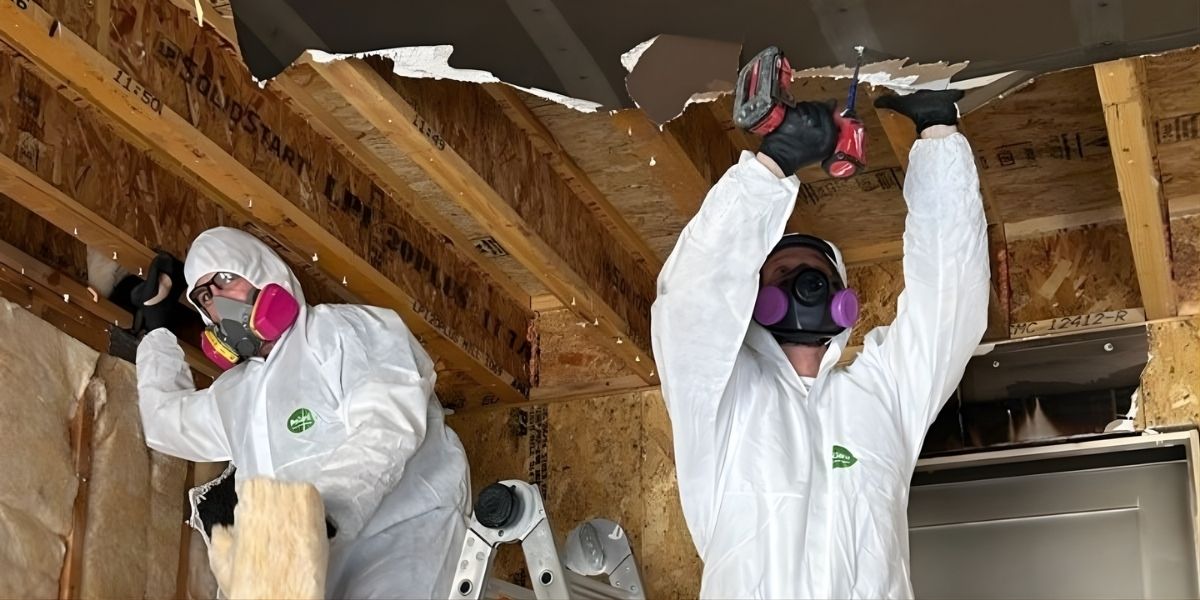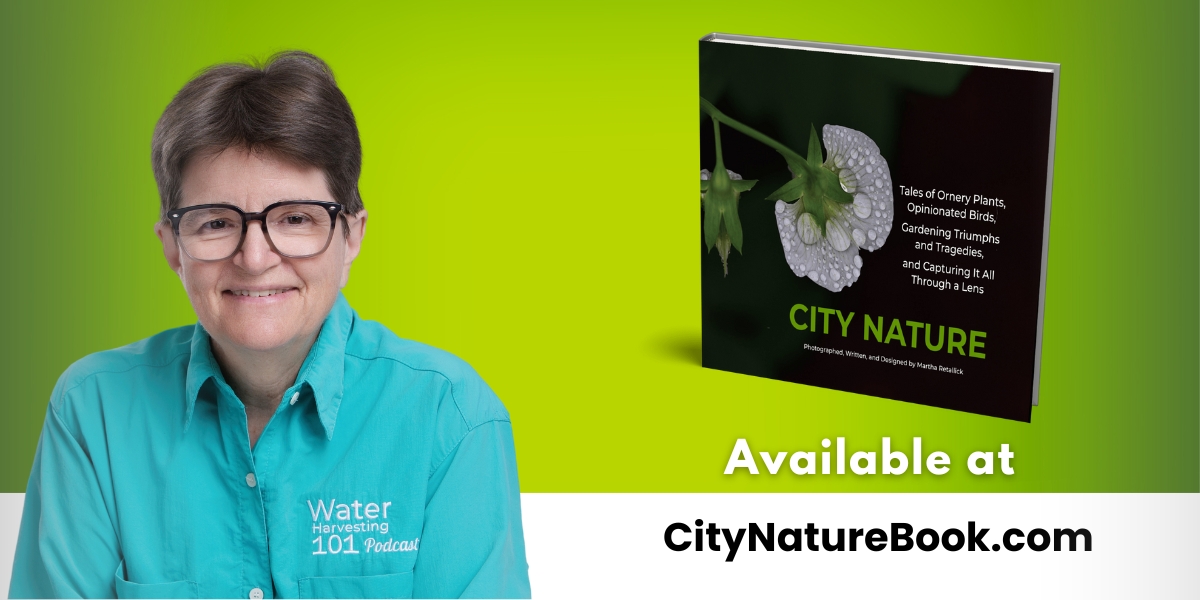Spring Allergy Relief: Latest Tips & Treatments
As the days grow longer and flowers begin to bloom, spring brings with it a sense of renewal. However, for many people, it also brings a familiar set of challenges: spring allergies. Pollen from trees, grasses, and flowers fills the air, triggering a variety of allergic reactions such as sneezing, runny noses, itchy eyes, and congestion. For those affected, spring is often a season of discomfort.
Fortunately, advances in allergy treatments, as well as simple lifestyle adjustments, can help mitigate the symptoms of spring allergies. This article explores the latest tips and treatments for relieving seasonal allergies, from natural remedies to prescription medications, and provides practical advice on managing allergy symptoms so you can enjoy the beauty of spring without the burden of discomfort.
Read Also: Sports for Men Over 50: Get a Work Out While Having Fun
Understanding Spring Allergies: The Science Behind the Symptoms
Spring allergies, often referred to as hay fever or allergic rhinitis, occur when the immune system overreacts to airborne allergens such as pollen. These allergens are microscopic particles released by trees, grasses, and weeds that trigger an immune response in sensitive individuals.
Common Allergens in Spring:
Tree Pollen: During early spring, trees like birch, oak, and maple release their pollen, which can be carried by the wind over long distances.
Grass Pollen: As the season progresses, grasses such as Bermuda, ryegrass, and Timothy grass release pollen, which peaks in late spring.
Flower Pollen: Flowers contribute to allergies, though their pollen tends to be less of a problem than tree and grass pollen.
Mold Spores: Mold, which thrives in damp conditions, releases spores into the air that can also exacerbate allergy symptoms.
When individuals with spring allergies breathe in pollen, their immune systems mistakenly treat the harmless particles as harmful invaders, releasing chemicals like histamines that cause inflammation and allergic reactions.
The Latest Tips for Managing Spring Allergies
Managing spring allergies often involves a combination of avoiding allergens, using medications, and adopting lifestyle changes. Here are the latest tips for minimizing your exposure to allergens and alleviating symptoms:
1. Monitor Pollen Counts and Plan Outdoor Activities
One of the simplest and most effective ways to manage allergies is by staying informed. Many weather websites and apps provide daily pollen count updates for your area, allowing you to plan your outdoor activities accordingly.
Tips:
Check pollen counts before heading outdoors and try to limit exposure on days when pollen levels are high, typically in the early morning and late afternoon.
Limit outdoor activities when pollen counts are high, especially if you have known sensitivities to specific types of pollen.
2. Keep Windows Closed and Use Air Conditioning
During peak pollen season, it’s important to keep windows closed to prevent pollen from entering your home. Using air conditioning with a clean filter can help circulate air and keep the indoor environment cool and pollen-free.
Tips:
Use high-efficiency particulate air (HEPA) filters in your air conditioning system to trap pollen and other allergens.
Close car windows while driving, especially in rural areas or near trees and fields where pollen is more concentrated.
3. Shower and Change Clothes After Outdoor Activities
Pollen can easily cling to your skin, hair, and clothing, so it’s important to rinse off after spending time outside. This helps to remove any pollen that may have stuck to you and reduces the chance of bringing allergens into your home.
Tips:
Shower before bed to wash off pollen from your hair and skin, preventing allergens from affecting you while you sleep.
Change your clothes immediately after coming indoors to prevent pollen from spreading through your living spaces.
4. Use Nasal Irrigation (Neti Pot)
Nasal irrigation, using a Neti pot or saline spray, is a popular and effective method for relieving nasal congestion caused by allergies. This practice helps to flush out pollen and other irritants from your nasal passages, reducing inflammation and promoting easier breathing.
Tips:
Use a saline solution or distilled water with your Neti pot to rinse your sinuses and clear out allergens.
Be sure to follow the instructions carefully and clean the device thoroughly after each use to avoid introducing bacteria into your sinuses.
5. Incorporate Natural Remedies for Allergy Relief
In addition to medication, some people find relief from spring allergies using natural remedies. While these options may not be a cure-all, they can help ease mild symptoms.
Natural Remedies to Try:
Local Honey: Some people believe that consuming local honey can help build a tolerance to local pollen. While research on its effectiveness is limited, it’s a popular natural remedy for easing symptoms.
Quercetin: This antioxidant, found in foods like apples, onions, and citrus fruits, may help reduce the release of histamines, offering some relief from allergy symptoms.
Essential Oils: Some essential oils, such as peppermint, lavender, and eucalyptus, can be used in diffusers or applied topically to help open airways and soothe nasal passages.
Medical Treatments for Spring Allergies
For more severe symptoms, prescription or over-the-counter medications are often necessary to manage spring allergies effectively. Here’s an overview of the latest treatments that can provide relief:
1. Antihistamines
Antihistamines are one of the most common treatments for allergies. They work by blocking histamines, the chemicals that cause many allergy symptoms such as sneezing, itching, and congestion.
Tips:
Second-generation antihistamines, such as loratadine (Claritin), cetirizine (Zyrtec), and fexofenadine (Allegra), are preferred for their fewer sedative effects and longer-lasting relief.
These medications can be taken daily during allergy season to prevent symptoms from occurring.
2. Nasal Corticosteroids
For persistent nasal congestion and inflammation, nasal corticosteroid sprays such as fluticasone (Flonase) and triamcinolone (Nasacort) are effective in reducing swelling and providing relief from sinus pressure.
Tips:
Use nasal corticosteroids consistently, as they may take several days to show their full effects.
Always follow the instructions carefully to avoid misuse or irritation.
3. Decongestants
Decongestants help relieve nasal congestion by shrinking swollen blood vessels in the nasal passages. They are typically used for short-term relief and should not be relied on for long-term use.
Tips:
Pseudoephedrine (Sudafed) is an effective decongestant, but it may have side effects such as increased heart rate or nervousness, so use it cautiously.
Nasal decongestant sprays like oxymetazoline (Afrin) can provide quick relief, but should not be used for more than 3 consecutive days to avoid rebound congestion.
4. Allergy Shots (Immunotherapy)
For individuals with severe or chronic allergy symptoms, allergy shots (immunotherapy) may be recommended. This treatment involves receiving regular injections of allergens to help the immune system build a tolerance over time.
Tips:
Allergy shots may take several months to show effectiveness, and they require regular visits to an allergist.
Immunotherapy is a long-term solution that can offer relief from seasonal allergies after consistent use.
Read Also: Nurturing Oral Health: The Importance of Regular Dental Visits
Embracing Spring with Allergy Relief
Spring allergies can be a significant challenge, but with the right approach, you can minimize their impact and enjoy the season’s beauty. By staying informed about pollen counts, using effective treatments, and incorporating lifestyle changes, it’s possible to reduce symptoms and maintain a high quality of life during allergy season. From natural remedies to advanced medical treatments, managing your allergies effectively requires a holistic approach that includes both prevention and relief.
Whether you prefer to rely on over-the-counter medications or natural strategies, there are plenty of options available to help you breathe easier and experience the full joys of spring.








